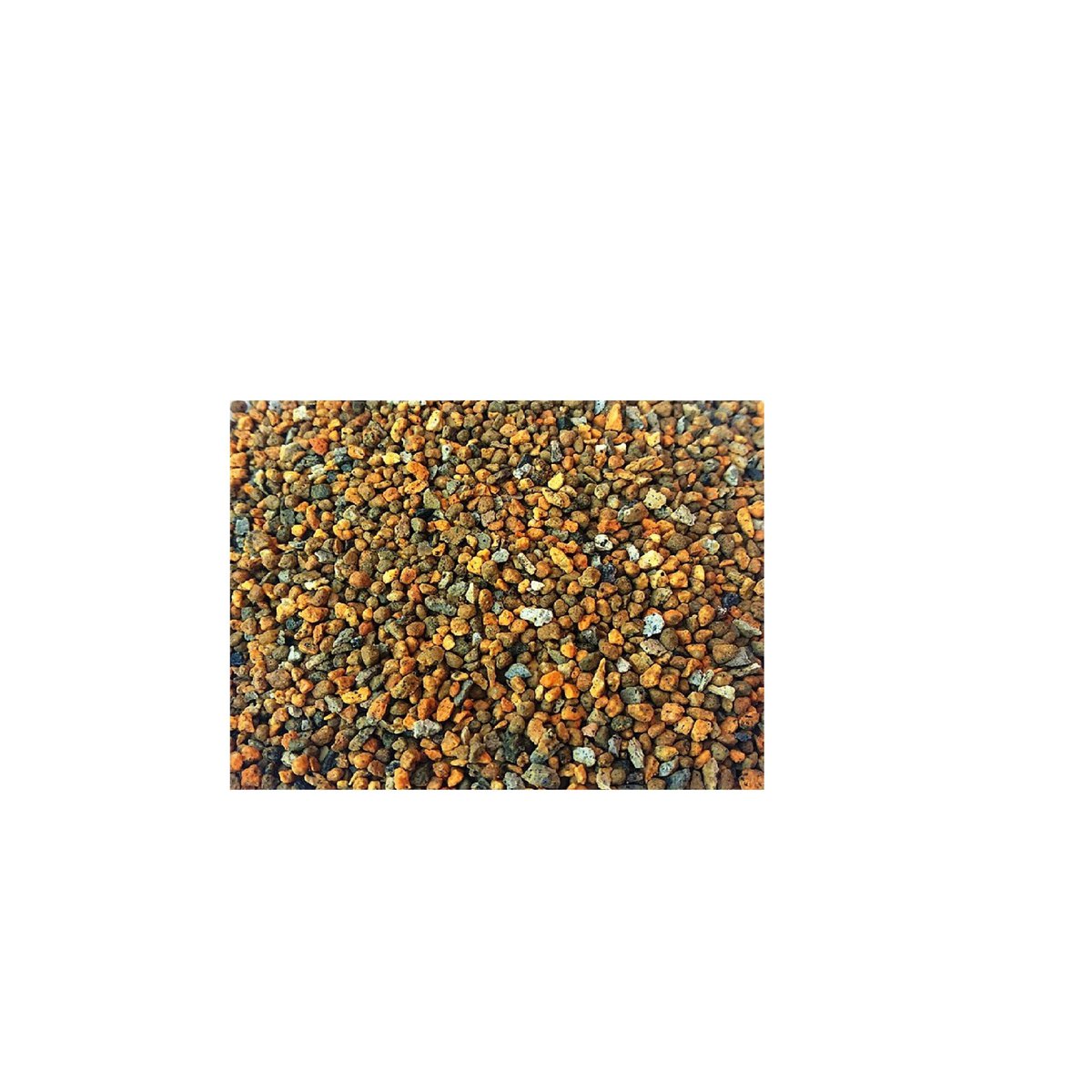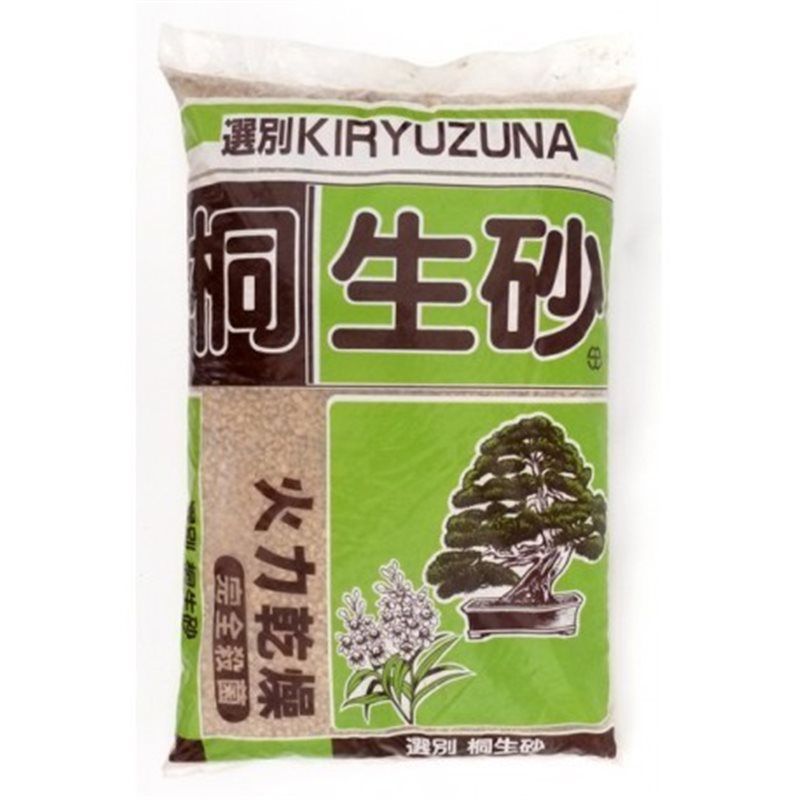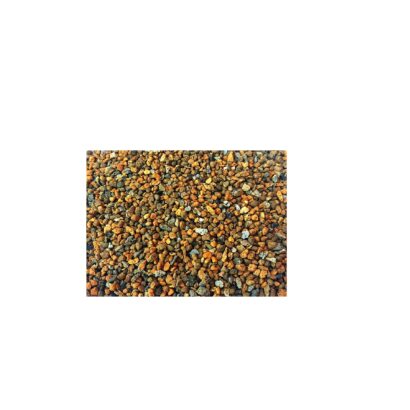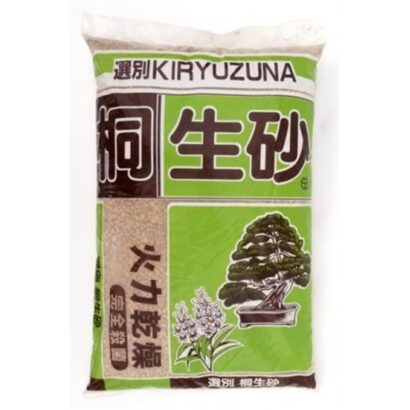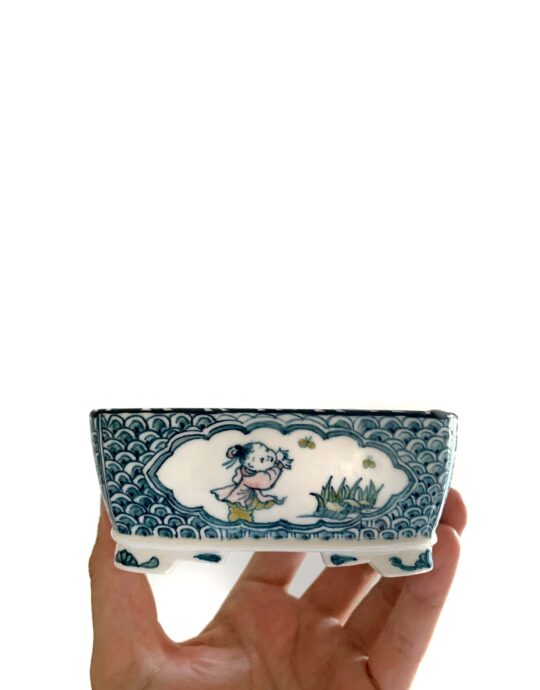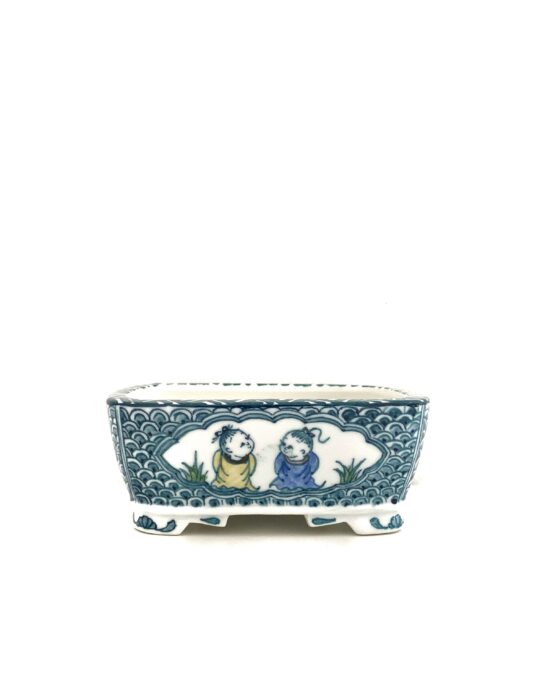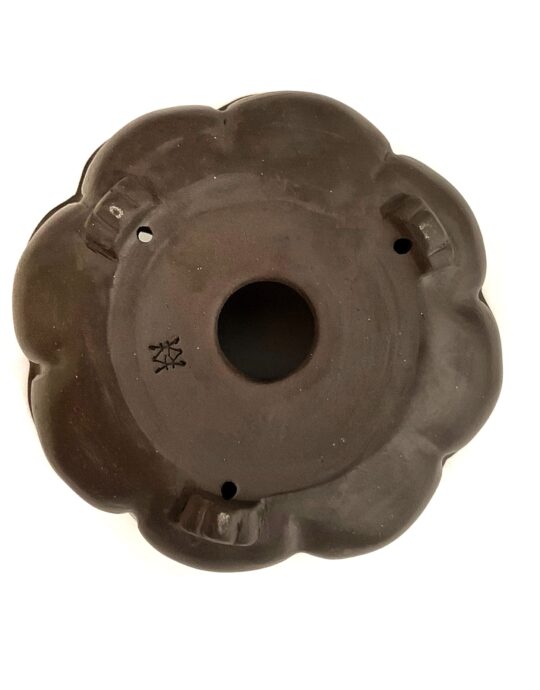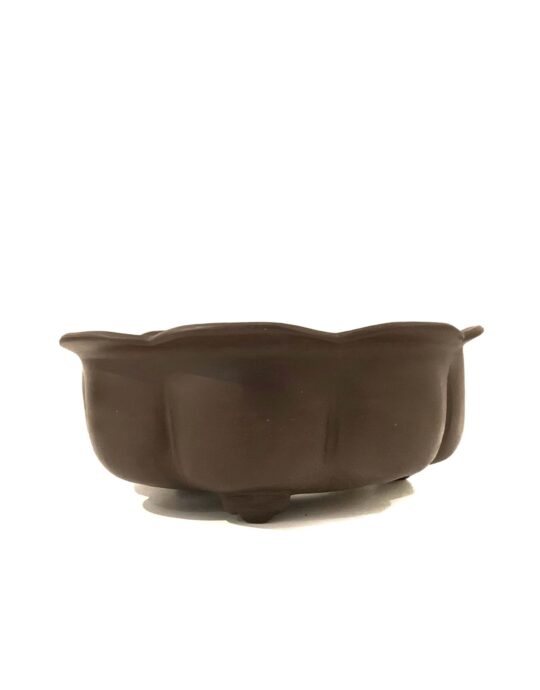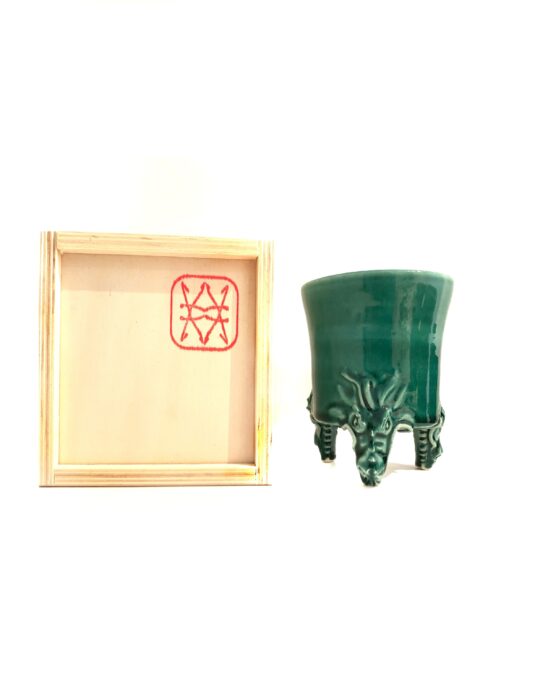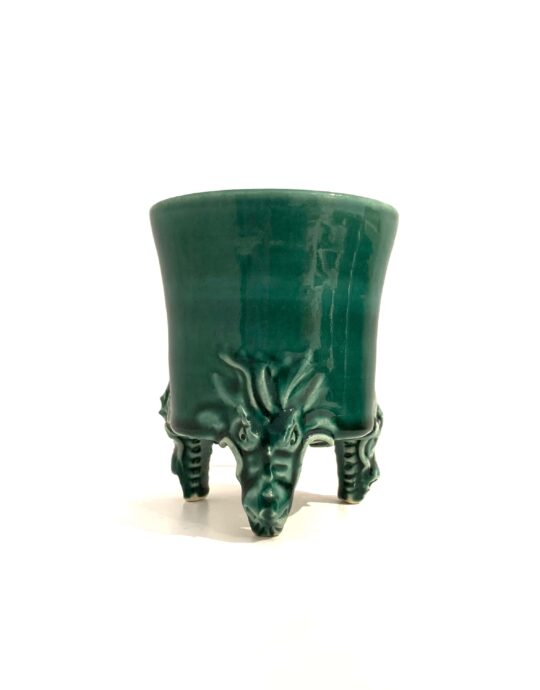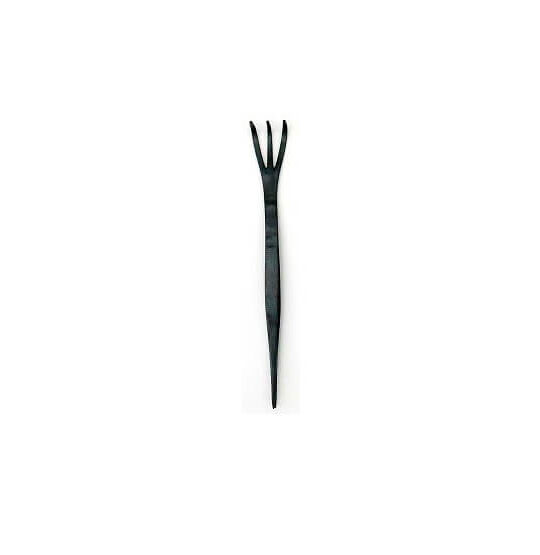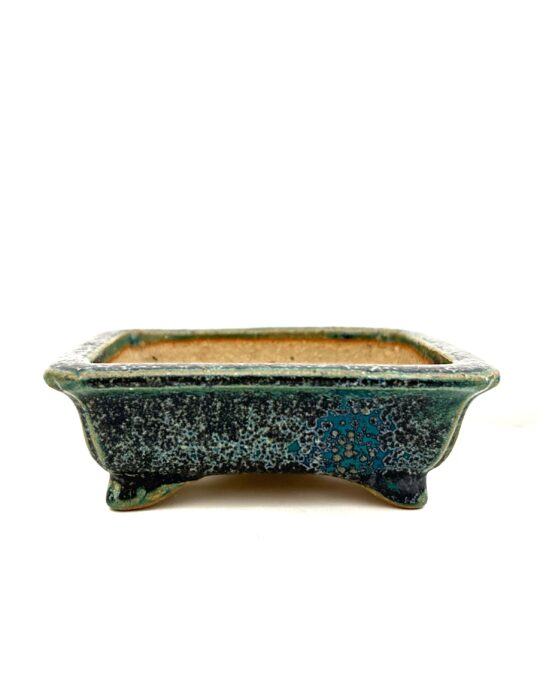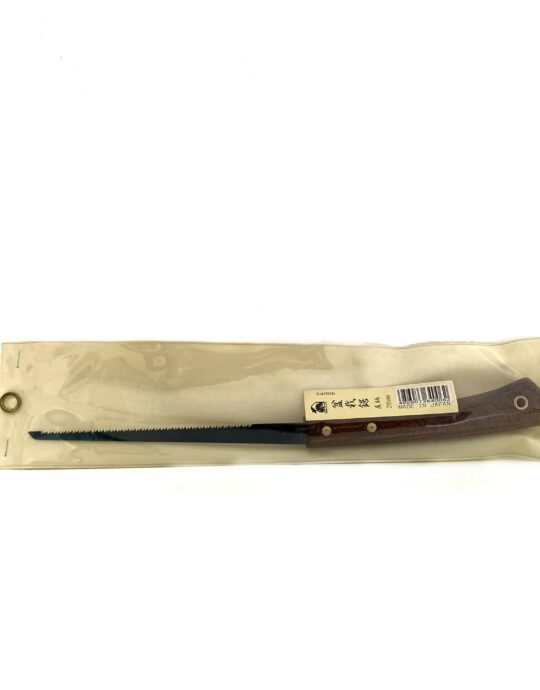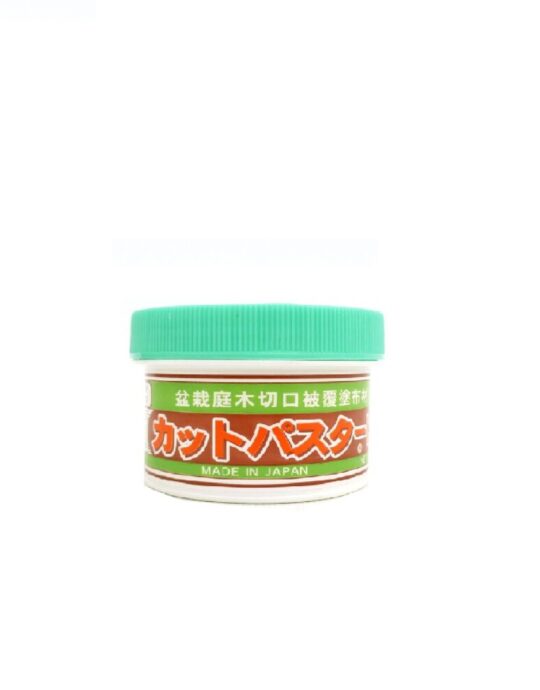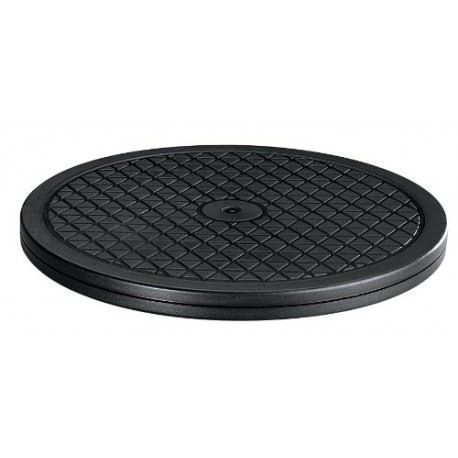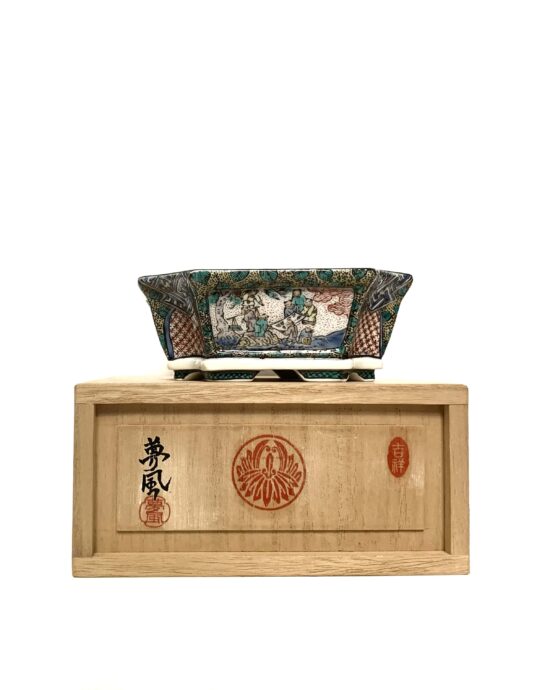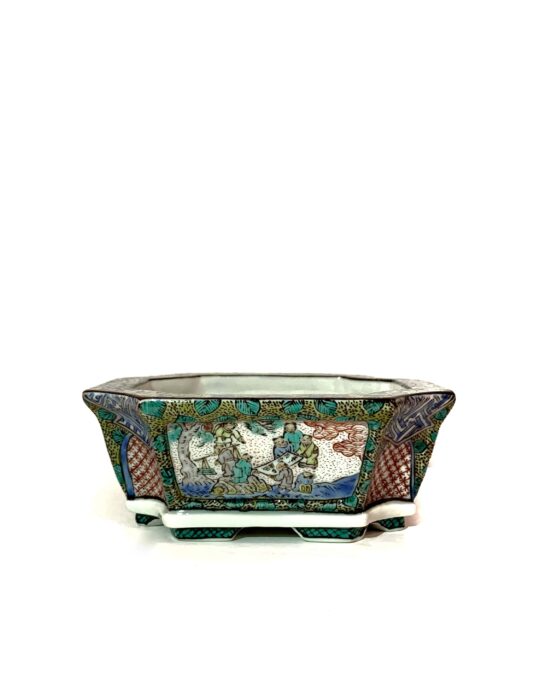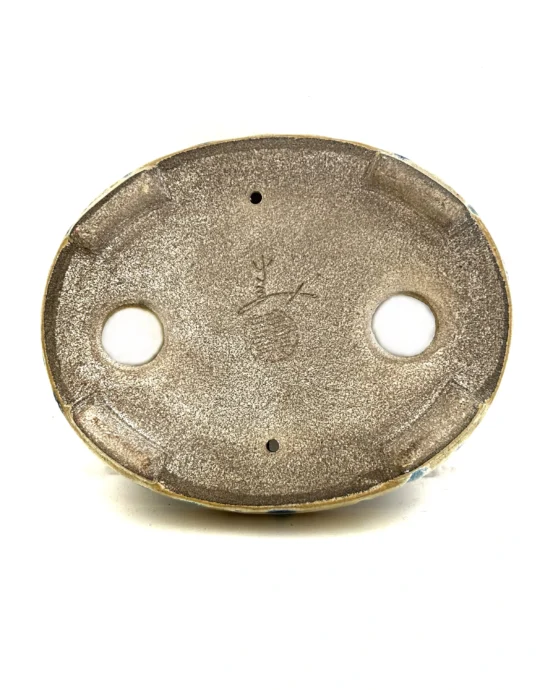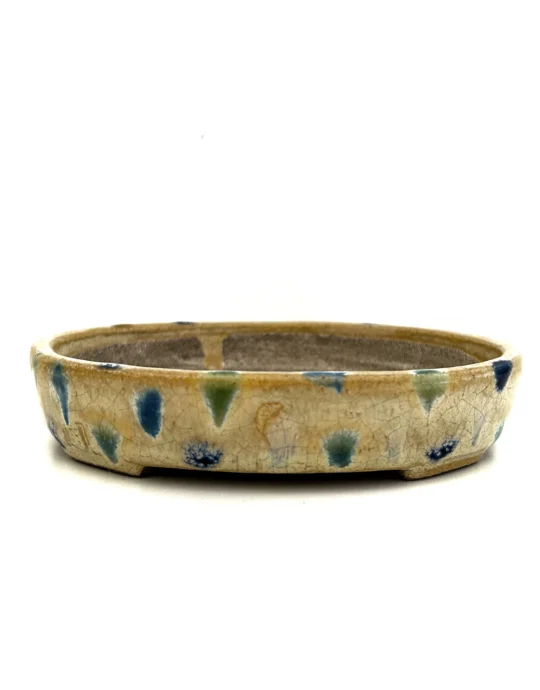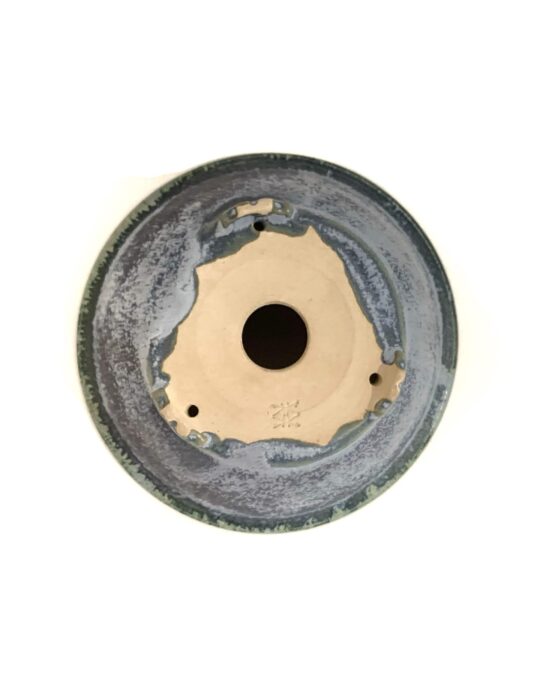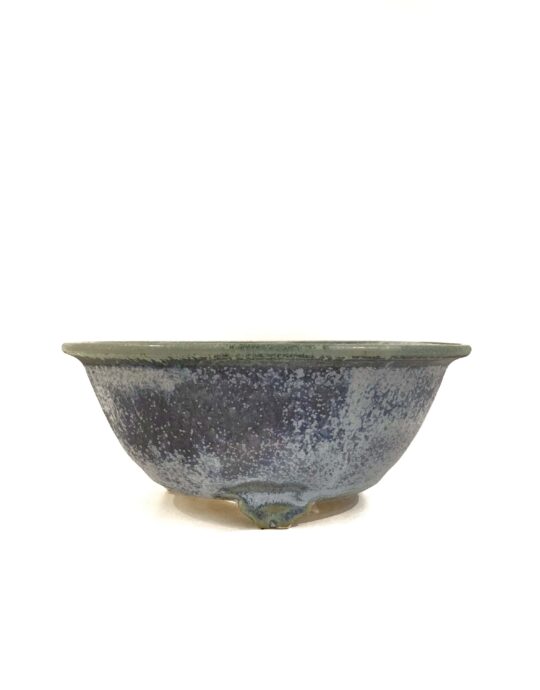Currently Empty: 0.00€
Kiryuzuna: the ideal Japanese substrate for acidophilic plants and bonsais
Kiryuzuna is a zeolite of Japanese origin that is obtained from the decomposition of volcanic gravel. This substrate has a grain size between 1 and 6mm, which facilitates water drainage and allows the roots to always be properly aerated. In addition, it contains iron that the roots can absorb as it decomposes, making it ideal for acidophilic plants such as Japanese maples, camellias, azaleas, among others.
The composition of kiryuzuna
It includes silicon, aluminum, magnesium, iron, calcium, oxygen, titanium, carbon, manganese, sodium, potassium and phosphorus. The pH of kiryuzuna ranges between 6.5 and 6.8, which makes it especially interesting for acidophilic plants.
The granulometry of kiryuzuna
It is divided into three types: small grain or shohin, medium or normal grain, and coarse grain. The small grain is very interesting for plants with fine and/or delicate roots, while the medium grain is recommended for growing practically any type of plant. Coarse grain is rarely used in plants, although for native plants it is a highly advisable option.
In the world of bonsai, kiryuzuna is one of the best substrates that currently exist. It is harder than akadama and kanuma, and does not decompose, making it ideal for mixing with other substrates. The most common mixture is 70% from akadama and 30% from kiryuzuna.
In summary, kiryuzuna is a substrate of Japanese origin ideal for acidophilic plants and bonsais. Its granulometry and composition make it very useful for growing plants with fine and delicate roots, and its resistance to decomposition makes it ideal for mixing with other substrates in the world of bonsai. If you are looking for a quality substrate for your acidophilous plants or bonsais, kiryuzuna is an excellent option.
| Weight | 1 kg |
|---|

